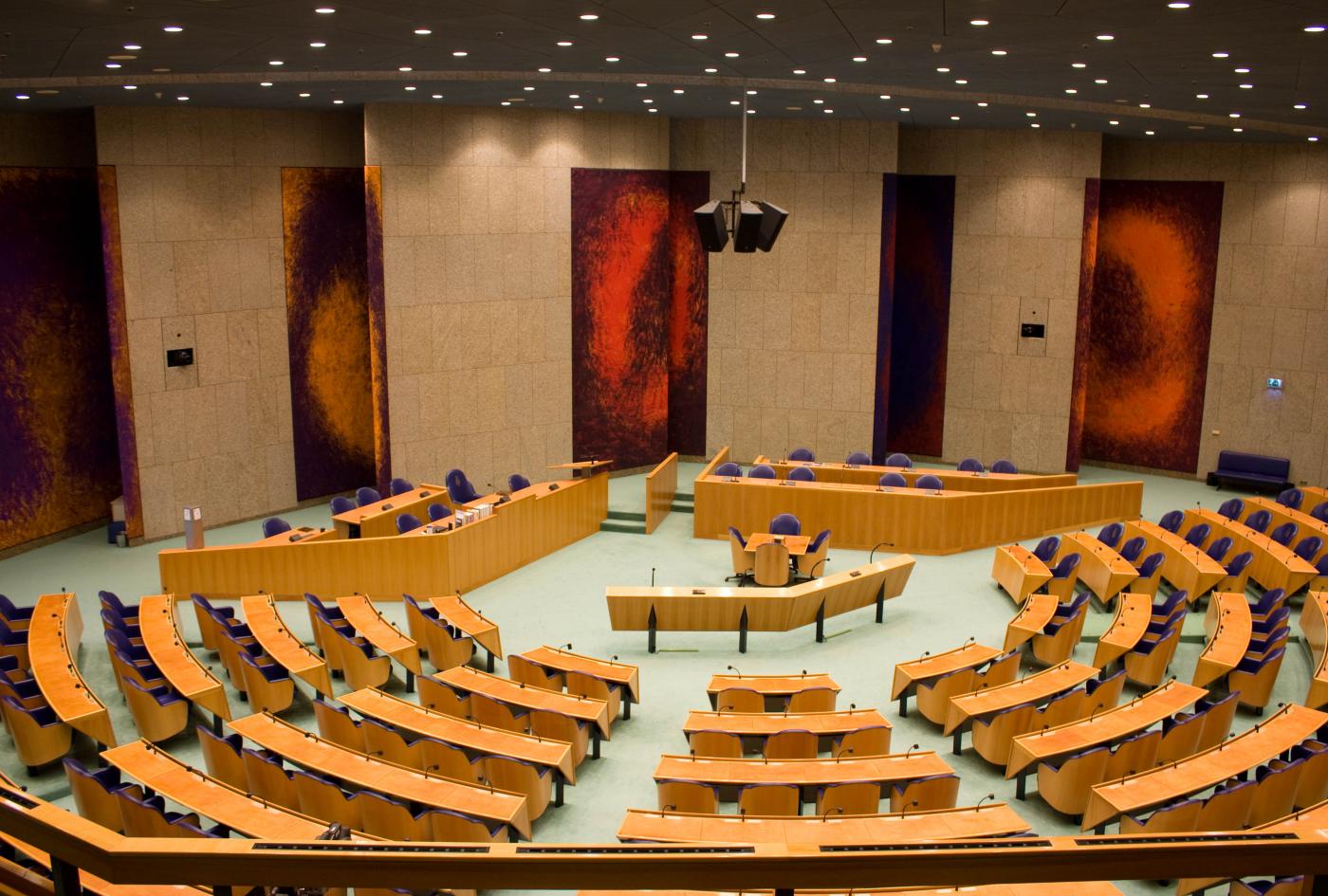MPs want underperforming first-year students to no longer be forced to drop out

Is it fair to force first-year students to drop out of their programmes for not earning enough credits? And how much does that cost the Dutch taxpayer? MPs voted in favour of a motion filed by the Green Left (GroenLinks) challenging a rule known as ‘binding student advice’ (BSA), which essentially forces underperforming first-year students to abandon their study programme. The party wants the advice to no longer be binding, meaning that students should decide for themselves whether they will continue their studies or not.
They also argue that many students who have been expelled simply follow the same programme elsewhere. Therefore, the BSA only results in a delay in their studies, which benefits no one. Additionally, they state that the BSA keeps students from doing voluntary work or participating in a representative council.
GroenLinks’ motion followed another one by the Christian Democrats (CDA), who wanted to investigate whether an alternative system would be more effective. Not everyone agrees with the two parties, though. Some argue that the BSA actually protects students, as it prevents them from spending years trying to obtain a degree in which they will never succeed.
The discussion on the BSA was accelerated by the Corona crisis, which led most Dutch universities and universities of applied sciences to temporarily cancel the BSA. Others, however, were hesitant.
In it to bin it
Tuesday's vote was music to the ears of the Dutch National Student’s Association (ISO). They argue that it’s time to bin the binding recommendation altogether, and have summarised their arguments in a pointed pamphlet: forced drop-outs cost money and cause stress, while some first-year curriculums are loaded with a couple of extra-difficult courses as a surreptitious way to filter out weaker students after they’ve already been admitted.
Now, students have found an ally in Education Minister Ingrid van Engelshoven. “One thing I disliked about the binding recommendation was that it led to a situation in which universities were basically pumping students round the system,” van Engelshoven told MPs. “That has a detrimental effect on students’ motivation, and it’s not a very efficient use of educational resources.”
Two years ago, the Minister proposed lowering the bar for binding recommendations to a maximum of 40 out of 60 credits. At the time, her proposal was voted down by the House, but now the balance of opinion appears to have shifted.
Treasury
It’s unclear exactly how much the binding recommendation is costing the state. But the real question is whether it’s conducive to academic success (good for the treasury), or if it actually leads to higher drop-out rates and study delays (bad for the treasury).
The ISO refers to a study conducted by VU Amsterdam among 1,707 students at its School of Business and Economics, which showed that 43 percent of the first-year students who were forced to drop out simply enrolled in the same programme at another institution.
But some universities see things very differently. Erasmus University Rotterdam, for example, remains convinced that the binding recommendation forces students to take their studies seriously.